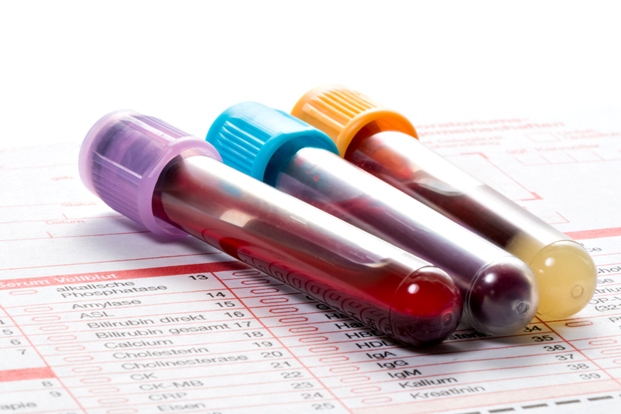Genetic tests before planning pregnancy?
Apr 19, 2022
Genetic testing involves taking the blood test of the prospective parents when they are planning to get pregnant or are already pregnant to check for any faulty or abnormal genes that may be passed on to the baby which may lead to genetic disorders.

In several cases of genetic disorders, the baby is affected if both the parents pass on the faulty genes to the baby. It means in case you get positive test results and your partner has negative test results, then your baby may not be affected by any genetic disorder. However, if both of you get positive test results, then also the possibility of your baby getting affected with any genetic ailments may be only 25 percent. Although these tests may seem too overwhelming for you, these tests will ensure that everything will be fine with your baby. One of few tests that may demand a little more attention than other tests is pre-pregnancy genetic testing. When bad genes are inherited from both the parents, it may cause genetic deformities. However, if you have a faulty gene, then you may not have any problem, but you may be the carrier of the faulty gene. This won’t be an issue for your baby, too, unless your partner has a faulty gene too, in which case there is a likelihood that your baby may have some kind of genetic disorders. Genetic testing may offer both pros and cons for you and some of these pros and cons of genetic testing may include the following:
Pros
- It may help the prospective parents in making the decision well in time.
- Sometimes the prospective parents may not be aware that they may be the carriers of a genetic disease, and the test results may help them know about the same.
Cons
- It may be disheartening for the parents to find out that their baby may have some kind of genetic deformity.
- It may require the couple to make a tough decision of keeping or terminating the pregnancy.







